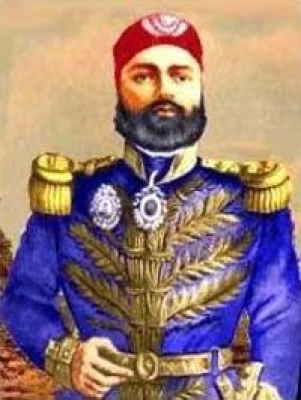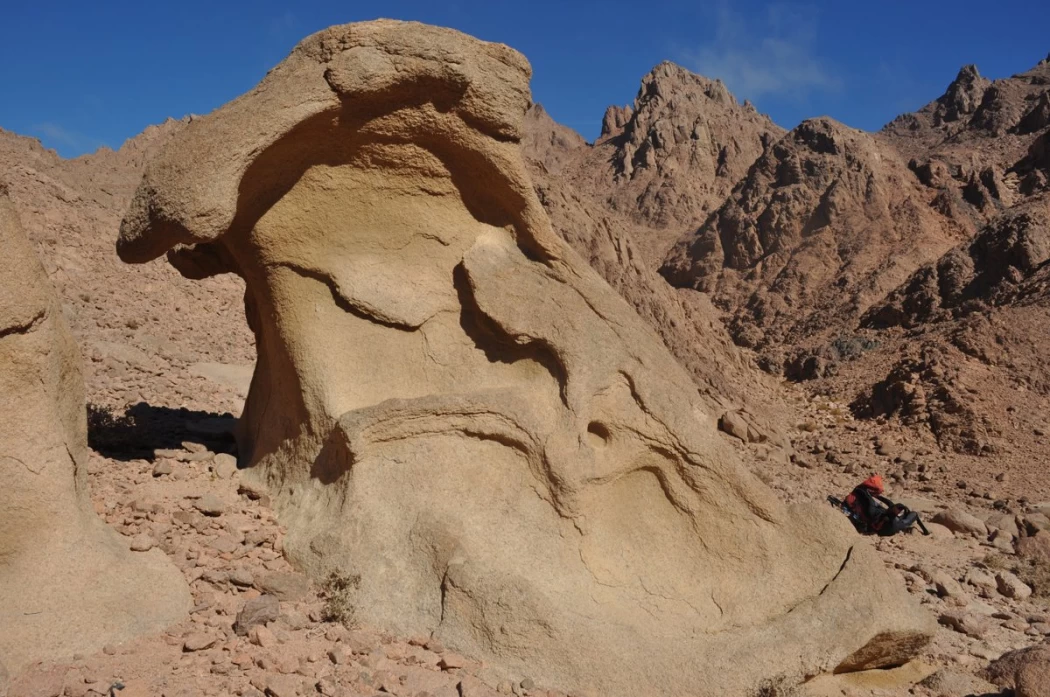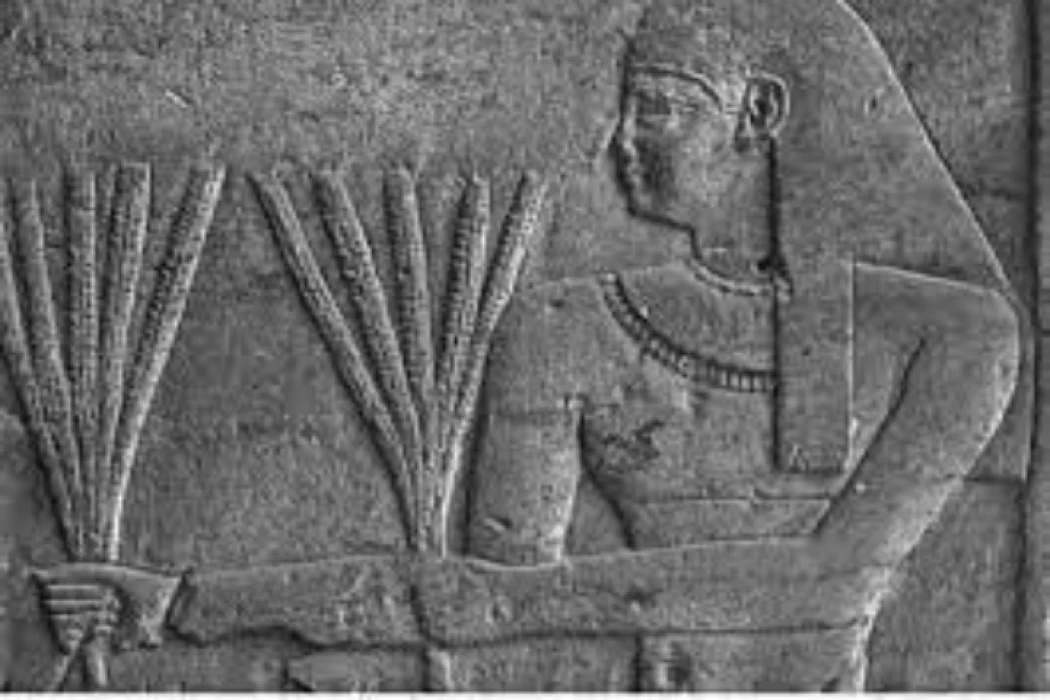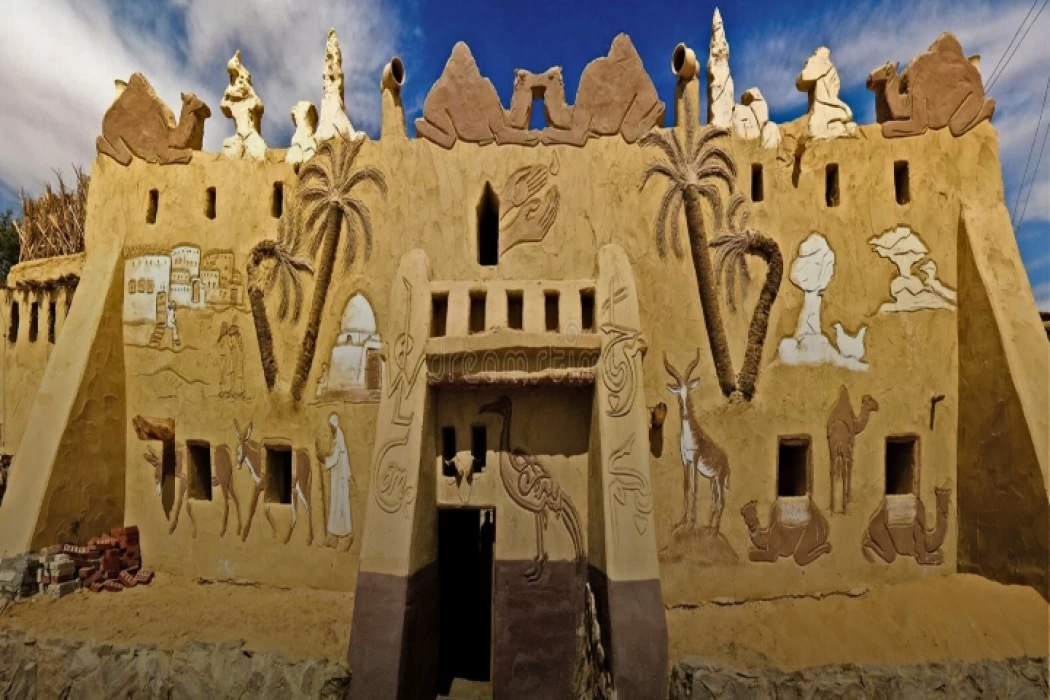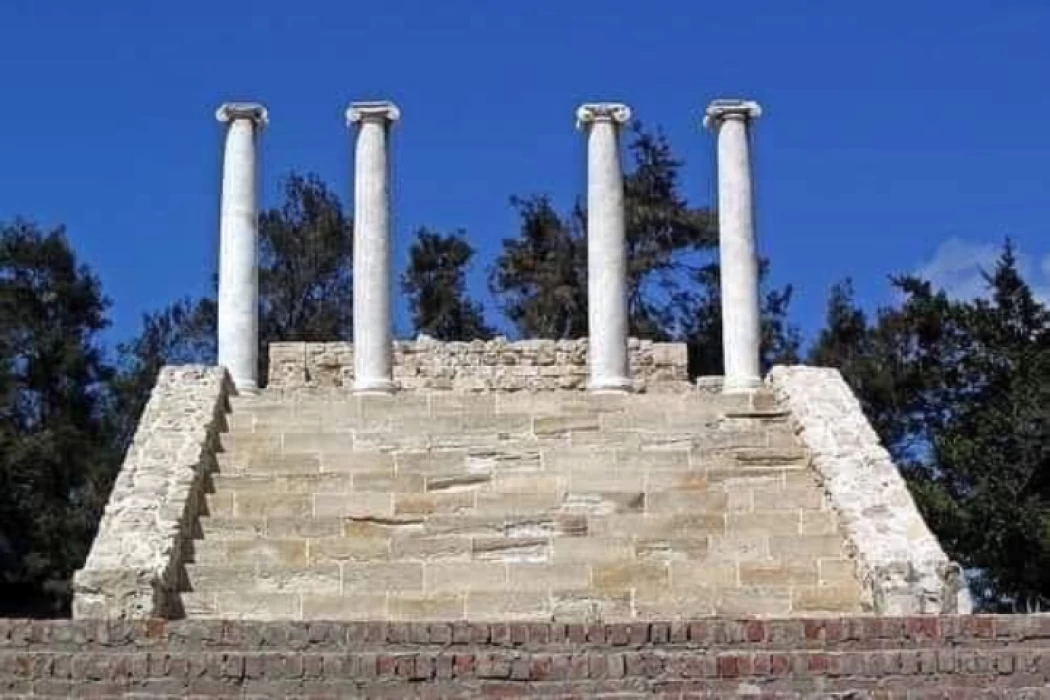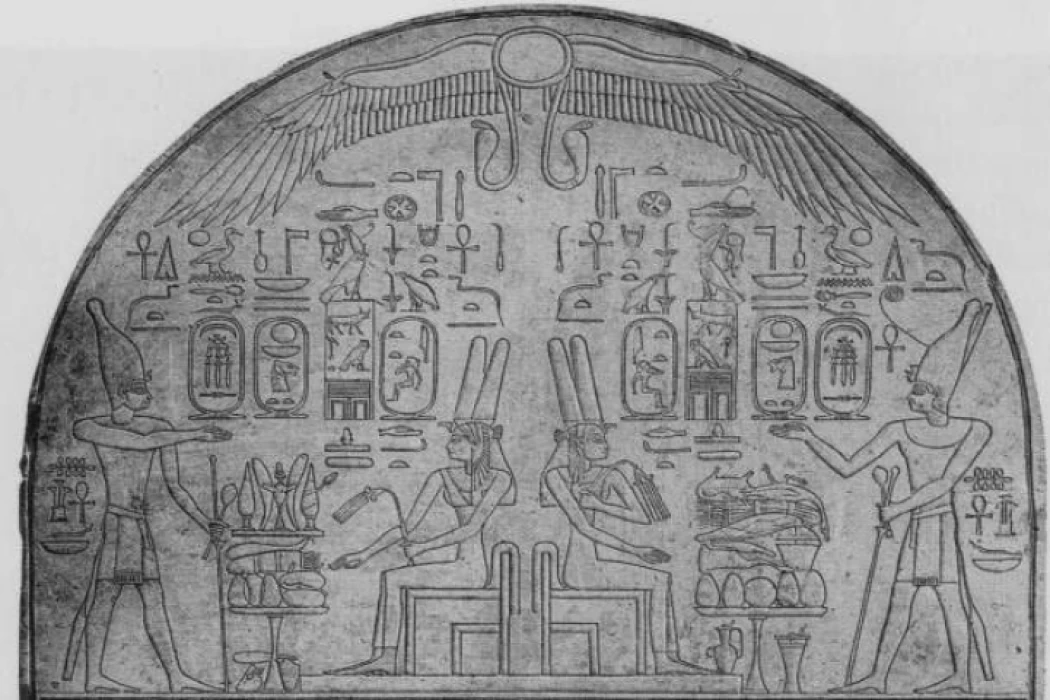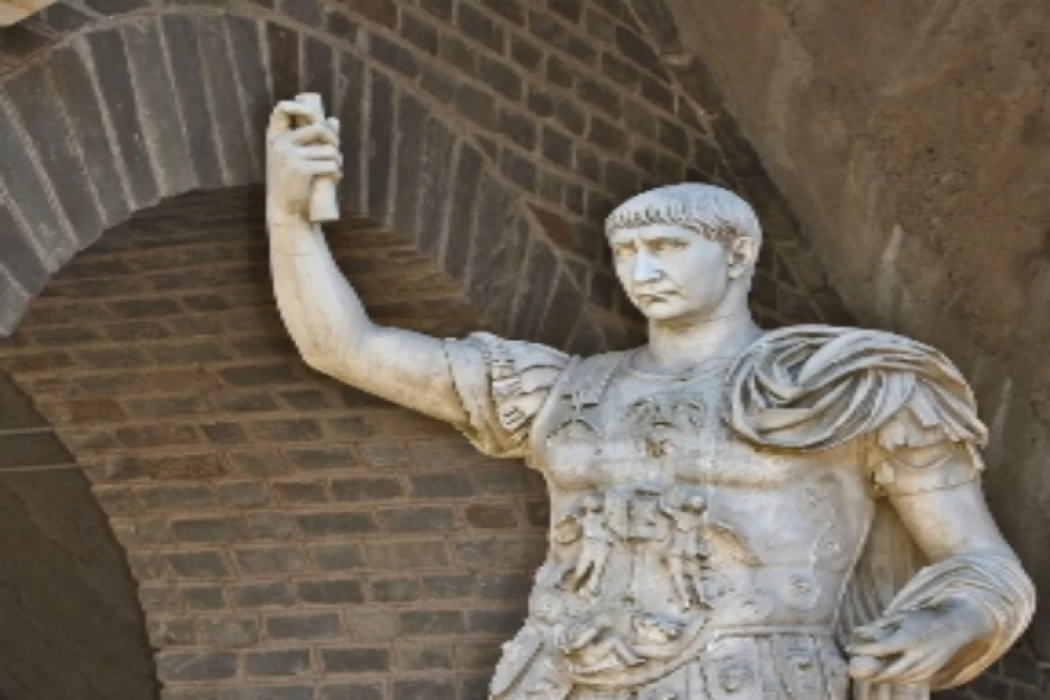
History of Trajan The Roman Emperor
Emperor Trajan or Traian, Marcus Alipius Nerva Trainus Augustus (September 18, 53 – August 9, 117) was the second of the Antonine Roman emperors, the thirteenth Roman Emperor (January 28, 98 - August 9, 117), and reached the heyday of the Roman Empire. The Roman emperor was the second of the "Five Good Emperors "who ruled the Roman Empire from 96 to 180.
He was born on September 18, 53, in the city of Metallica (Hispania, now Spain) as a young man, and rose through the ranks of the Roman army Trajan's father was the governor of Syria - Syria (in 76-77) was appointed consul and brought Apollodorus (Apollodorus of Damascus) from Damascus with him to Rome around 91. Emperor Domitian participated in the wars and succeeded Domitian Nerva, who was undesirable from the army and Nerva needed to do anything to win the support of the army Nerva accomplished this by naming Trajan his adopted son and successor in the summer of 97.
When Nerva died Domitian's successor Emperor Trajan took over the reign on 27 January 98, with great respect without incident.
Early life and rise to power
Marcus Ulpius Trajanus was born on September 18 53 ad in the Roman province of Hispania Baetica (now the so-called Andalusian region of modern Spain) in the city of Italica (currently in the Municipal District of Santiponce on the outskirts of Seville). Although he was often hailed as the first regional emperor, it has been shown that his father's origin belongs to the Olbia clan from the Toder region (today called Todi), on the border with Etruria, and his mother from the Mercian clan, to an italic family of sabino origin. Trajan's hometown of Italica was founded as a Roman military colony of Italic settlers in 206 BC, but it is not known when the "first" arrived there. It is possible, but it cannot be proven, that Trajan's ancestors married local women and lost their citizenship at some point, but they certainly regained their status when the city became a Latin municipality in the middle of the first century BC.
Trajan was the son of Marcia, a Roman noblewoman, the sister-in-law of the second Flavian Emperor Titus, and Marcus Ulpius Trajanus, a prominent senator and general from the clan of Ulpia. Marcus Ulpius Tragianus the elder assisted Vespasian in the first Jewish-Roman war, serving as commander of the X-frensis Legion. Trajan himself was one of many well-known Olympians in a line of descent that lasted long after his death. His older sister was Olbia Marciana, and his niece was Salonina Matidia. The homeland of the Olympics was Italica, in the Spanish Baetica.
During his youth, he rose through the ranks of the Roman army and served in some of the most disputed areas of the Empire's borders. In the period from 76 to 77, Trajan's father was governor of Syria (Legatus; ambassador of the Commandery in Syria), where Trajan himself remained "Atrebonius" (judge of a legion). From there, after the replacement of his father, he seems to have been transferred to an unspecified Rhine province, and it is indicated according to Pliny that he engaged in an effective combat mission during both posts in which he was. Around the year 86, Trajan's cousin, B. I., died. Aelius fled, leaving his young children Hadrian and Paulina orphans. Trajan and his colleague Publius Acilius Attianus became guardians of the two children.
In the year 91, Trajan was appointed ordinary governor for that year, which was a great honor because he was in his late thirties, and therefore slightly above the minimum legal age to hold this post (32 years). This can be somewhat explained due to the work of his father, since his father was a key factor in the rise of the ruling Flavian dynasty, carried the ruling rank himself, and became a "Patrika" (a class of nobles or nobles). Around that time, Trajan brought Apollodorus of Damascus with him to Rome, and he married Pompeia Plotina, a noblewoman from the Roman settlement in Nimes; the marriage, however, continued childless.
Authors such as Julian and Cassius Dio noted that Trajan was personally inclined towards homosexuality. Trajan's supposed lovers included both Hadrian, a servant of the imperial family, a dancer named Apostos, and Senator Lucius Licinius Sora.
While the details regarding Trajan's military career are obscure, it is certain that in 89, being an official delegate of the "legion of the seven Twins" in Hispania Tarraconis, he supported Domitian against the coup attempt. Later, after his reign in 91 (a position he shared with Acilius glabrio, which was rare at the time since neither was a member of the ruling family), he held some unspecified governing commissions as governor in either Pannonia or greater Germania and possibly both. Pliny, who seems to have deliberately avoided providing details that would emphasize the personal relationship between Trajan and the"tyrant" Domitian, attributes to him, at that time, a lot of the parade of weapons.
Since Domitian's successor, Nerva was unpopular with the army, he had just been forced to carry out the death sentence of the Praetorian Prefect Cassiperius Aelianus for the murderers of Domitian, he felt the need to win the support of the army to avoid his overthrow. This was succeeded in the summer of 97 by Trajan, his adopted son and successor, allegedly only due to Trajan's outstanding military merits. But there are hints from contemporary literary sources that Trajan's adoption was imposed on Nerva. Pliny noted this in his writing, though it is not possible to force an emperor to do something by coercion, in case that was how Trajan came to power if it was worth it. Alice Koenig points out that the idea of a natural continuity between the rule of Nerva and Trajan was a retroactive fiction (post-realist imagination) developed by authors writing in the framework of Trajan, such as Tacitus and Pliny.
According to the book "Historia Augusta", it was the future Emperor Hadrian who told Trajan about the news of his adoption. Hadrian was then kept on the Rhine frontier as a military defender, until he became acquainted with the circle of friends and relations with which Trajan surrounded himself, among whom was the governor of Germania minor, the Spaniard Lucius Licinius Sora, who became Trajan's Chief personal adviser and official Friend. As a sign of his influence, Sura later became ruler for the third time in 107. Some ancient sources also circulate that he built a bathhouse in his name on the Aventine plateau in Rome, or that he built the bathhouse by Trajan and then named it after him, in both cases, it was a sign of honor that served as the only exception to the established rule that a public building in the capital could be assigned only to a member of the imperial family. Later, the emperor of the III century Decius expanded these baths as a way for him to confirm his relationship with Trajan. It is also noted that Sura told Adrian in 108 about his choice as an imperial heir. According to one modern historian, many members of the Imperial Council resented Sora's role as an influential person at the imperial court, especially the historian Tacitus, who recognized Sora's military and oratorical virtues, but at the same time expressed displeasure with his greed and perverted ways, more like those of the influential person of Emperor Vespasian, Licinius mucianus.
As the ruler of lower Germany during the reign of Nerva, Trajan received his venerable nickname "Germanicus" due to his masterful management in governing the volatile Imperial territory. When Nerva died on January 27 97, Trajan successfully performed the role of Emperor without apparent incident. The fact that he did not hurry to come to power in Rome, making a lengthy inspection tour on the Rhine-Danube border, suggests a possible idea that his position of power in Rome was uncertain and that he first had to assure himself of the loyalty of the armies on the front. Trajan ordered the prefect Aelianus to appear in Germany, where he was executed and "thrown off the trail", with Aetius soboranus taking his post. On that, Trajan's ascension to the throne could be more of a successful coup than a case of organized succession.
Trajan's attack on the Parthian Empire
It took place in the year 115 or 116. Trajan himself led his troops from Rome and from Syria to the East and south into Mesopotamia, captured the capital Ctesiphon, located on the Tigris River, and annexed hadyab to his empire. Trajan reached the Persian Gulf and in the words of historian Edward Gibbon, "enjoyed the honor of being the first Roman general, and he was the last too, to sail that remote sea. A man of endless ambition, he dreamed of sailing from there to the distant shores of Asia and India.»
Trajan's policy with Christians
There were letters between Pliny, the Roman writer, and Emperor Trajan about the conditions of Christians at that time. Some historians say that Trajan's policy with Christians was often a policy of tolerance and leniency.
Trajan was the first emperor to declare Christianity a forbidden religion, and to put an end to the spread of Christianity, he sentenced many of them to death and sent some others to the imperial court in Rome.
The Jewish Revolution in North Africa
In the eighteenth year of Trajan's reign, disputes and rivalries between Jews and Greeks returned to North Africa, and the disputes worsened until the Jews rose against the Roman state and declared them disobedient. opus, the Roman governor, tried to suppress their revolution, but he did not overcome the rebels. they were under the leadership of a man named Lucas from the Jews of Cyrene. he remained in this region for two years fighting the Romans and wreaking havoc on the land until the state of Libya moaned from the horrors of this internal war until the emperor finally sent commander Marcius turbo with an army after fierce fighting took place in several locations, the Jews were severely defeated, thousands of them were killed, and after their defeat they were stripped of their privileges Patriotism is a legitimate abstraction, and with this defeat their hopes were lost and their dreams were disappointed as they waited for the return of freedom and their homeland to them, and from that era they became converted to Christianity regiments by Regiments.
Latest Articles
Admin
Regin of Abbas I of Egypt | Abbas Pasha I
Abbas has been often described as a mere voluptuary, but Nubar Pasha spoke of him as a true gentleman of the "old school". He was seen as reactionary, morose and taciturn, and spent nearly all his time in his palace. He undid, as far as lay in his power, the works of his grandfather, both good and bad.
Admin
Story of Gabal Shayeb Al Banat - Red Sea Mountain
Jabal shayb al-banat is one of the Red Sea Mountains in the eastern desert in Egypt, located to the west of the city of Hurghada at a latitude of 27 degrees north and a longitude of 33.5 degrees east of the Greenwich line approximately, this mountain is the highest mountain peak in the eastern desert with a height of up to 2185 meters, it is a prominent mass of igneous rocks
Admin
Neper God Of Grain
Neper was the deity of grains, particularly cereals that were important in Ancient Egypt, such as wheat and barley. It was stated that he foretold when the crops would grow, be harvested, and disappear.
Admin
Badr Museum in Farafra
The Badr Museum is located in a mud building, which is the common home found in this medieval part of Egypt. All of the artwork that was created by the artist is quite unique. His work almost always depicts life in the Farafra Oasis and he provides the work through both painting and sculpting.
Admin
The Black Head Temple
The Black Head Temple is a small temple dedicated to the worship of the goddess Isis and was discovered in 1936, by chance, in the Black Head area, which is now located within the Mandara area of the Montazah district in Alexandria. This temple was moved from its original place to the Latin Necropolis in 1994.
Admin
The Queen Tetisheri
Tetisheri was the mother of Seqenenre Tao, Queen Ahhotep I, and possibly Kamose. For sure, she was the mother of Satdjehuty/Satibu, as attested on the rishi coffin of the latter. At Abydos, her grandson King Ahmose I erected a Stela of Queen Tetisheri to announce the construction of a pyramid and a "house" for Tetisheri.
